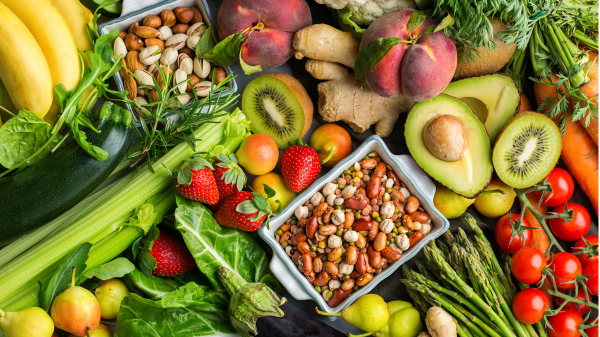It’s not looking good for the plant-based meat industry, which was enjoying such a vogue before the pandemic. It is clear now that the purchasing surge that occurred then owed a great deal to novelty: people giving plant-based meat a try for the first time.
Take Beyond Meat, whose sales volume as of the second quarter of 2023 fell by 24 percent from the previous year: 22.9 million pounds as opposed to 30.1 million pounds. Beyond Meat suffers another bad quarter | Food Business News
I am no prophet, but I foresaw such a trend in an article I wrote in May 2022.

You can read my original article to follow my reasoning, but it comes down to this: plant-based meat doesn’t taste better than (or as good as) real meat, and as an ultraprocessed food, it is even less “natural” than the original.
And it’s not cheaper. Today I find a price of $8.99 a pound for Beyond Beef at Target.
Whereas the chain’s prices for real ground beef range from $5.49 to $7.79, depending on fat content.
At a time when inflation is causing many Americans to skip meals, Americans skipping meals for financial reasons is bad for fresh produce – Produce Blue Book this is a gross disadvantage.
I believe there will always be a call for plant-based meat among vegetarians and vegans (some 6 percent of the population) Vegetarianism is on the rise — especially the part-time kind – The Hill
as well as those concerned about the ecological impact of the beef industry. That core market will not go away, but it is a comparatively small one.
Frances Dillard, senior vice president of brand and product marketing at Driscoll’s Inc. BB #:116044, offers some perspectives on this issue in a recent article for Forbes. Decoding The Modern Plant-Based Diet For Brand Success (forbes.com) She says it’s time for the produce industry to reclaim the term “plant-based.”
“For marketers of whole foods like vegetables and fruits, it’s time to rethink current marketing efforts to reclaim the term and showcase the inimitable aspects fruits and veggies offer in the original plant-based diet,” Dillard writes.
“To thrive, the fresh produce industry must prioritize flavor innovation, ensuring that fruits and vegetables tantalize taste buds and become an irresistible choice for consumers,” she adds.
Around 35 years ago, I wrote an editorial for California Farmer magazine pointing out that most of the produce sold in stores didn’t taste too good. It was true, and it was a real problem. The produce industry did address it, though: the taste of fruits and vegetables has improved astonishingly since the 1980s.
“While the plant-based trend dominates the 21st century,” Dillard continues, “it is crucial to differentiate between heavily processed alternatives and the original plant-based diet of whole fruits and vegetables. The fresh produce industry must prioritize flavor and capitalize on its edge as the original unprocessed product to overcome barriers and entice consumers to increase their fruit and vegetable consumption.”
Of course, I agree, but another factor has to be taken into account: it isn’t entirely a fair game. Processed foods are stuffed with flavor enhancers—the most prominent being salt and sugar—that make their products taste good artificially.
Consumers have become accustomed to these items. Would they say that these products taste better than fruits and vegetables? Few would dare, but purchasing patterns suggest something different.
This is hardly a message of doom for fresh produce, but it is another element that needs to be considered when trying to increase Americans’ consumption of fruits and vegetables. It is partly a matter of recalibrating the nation’s tastes.



